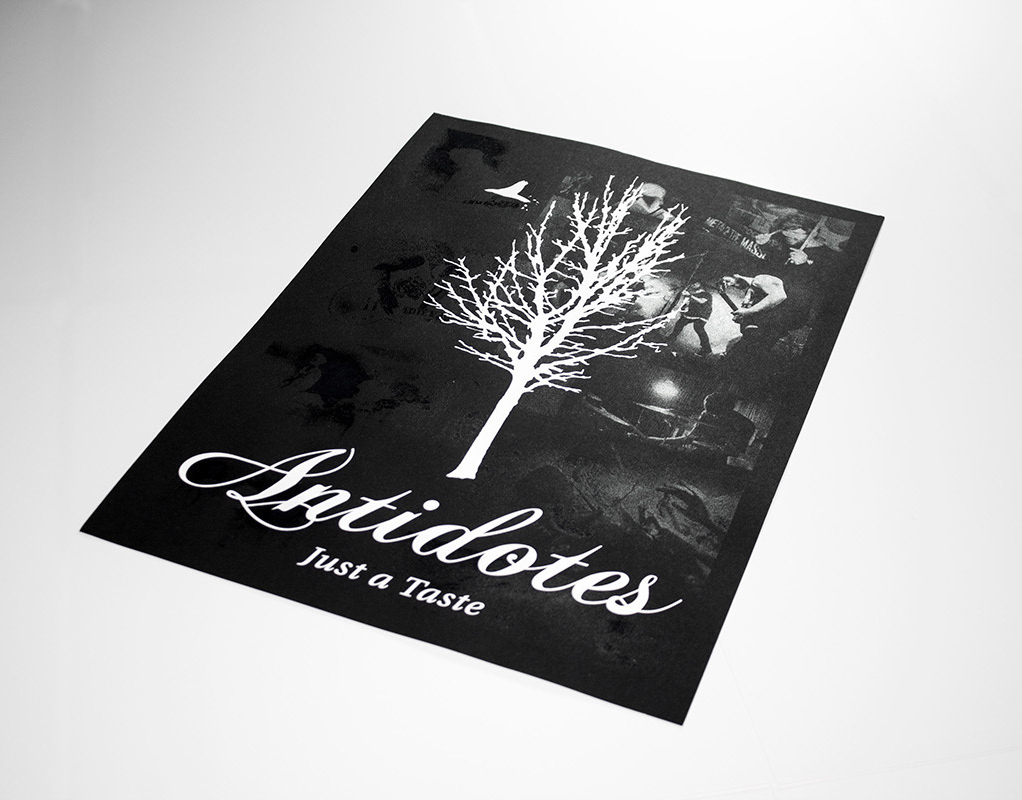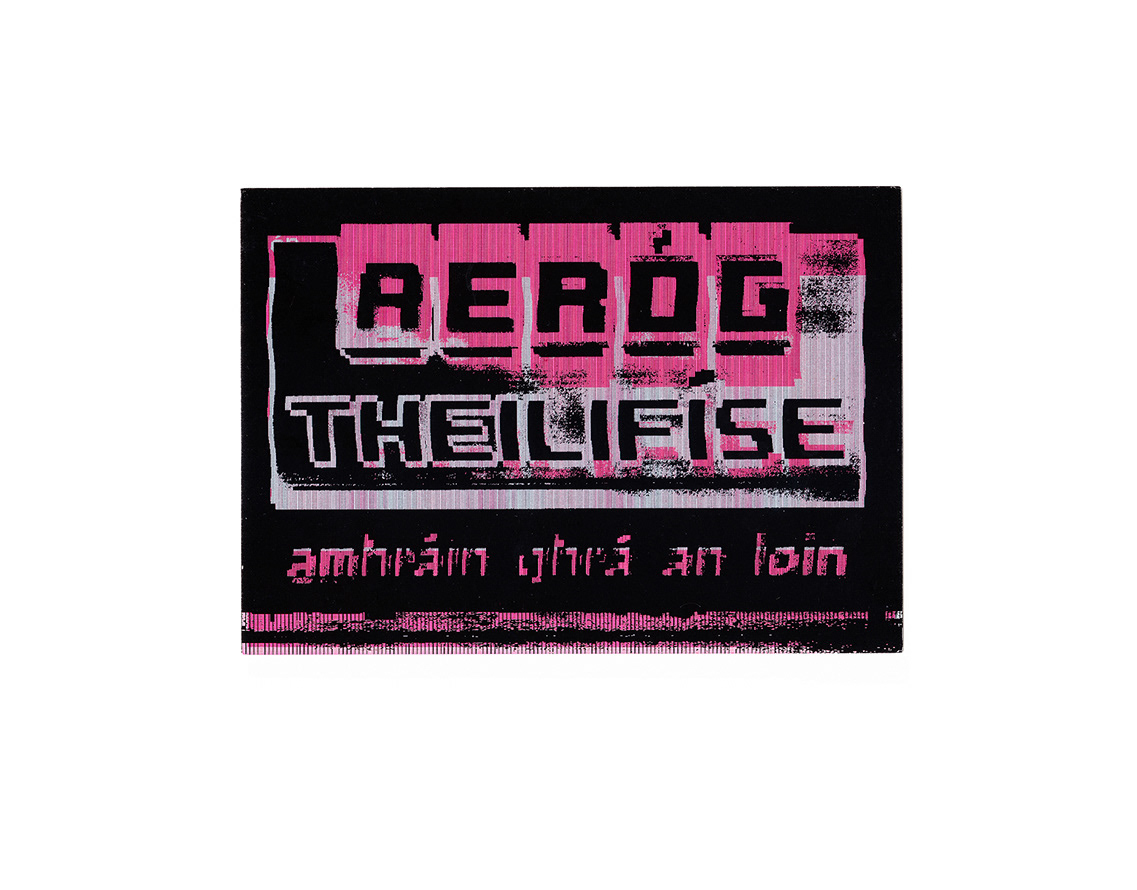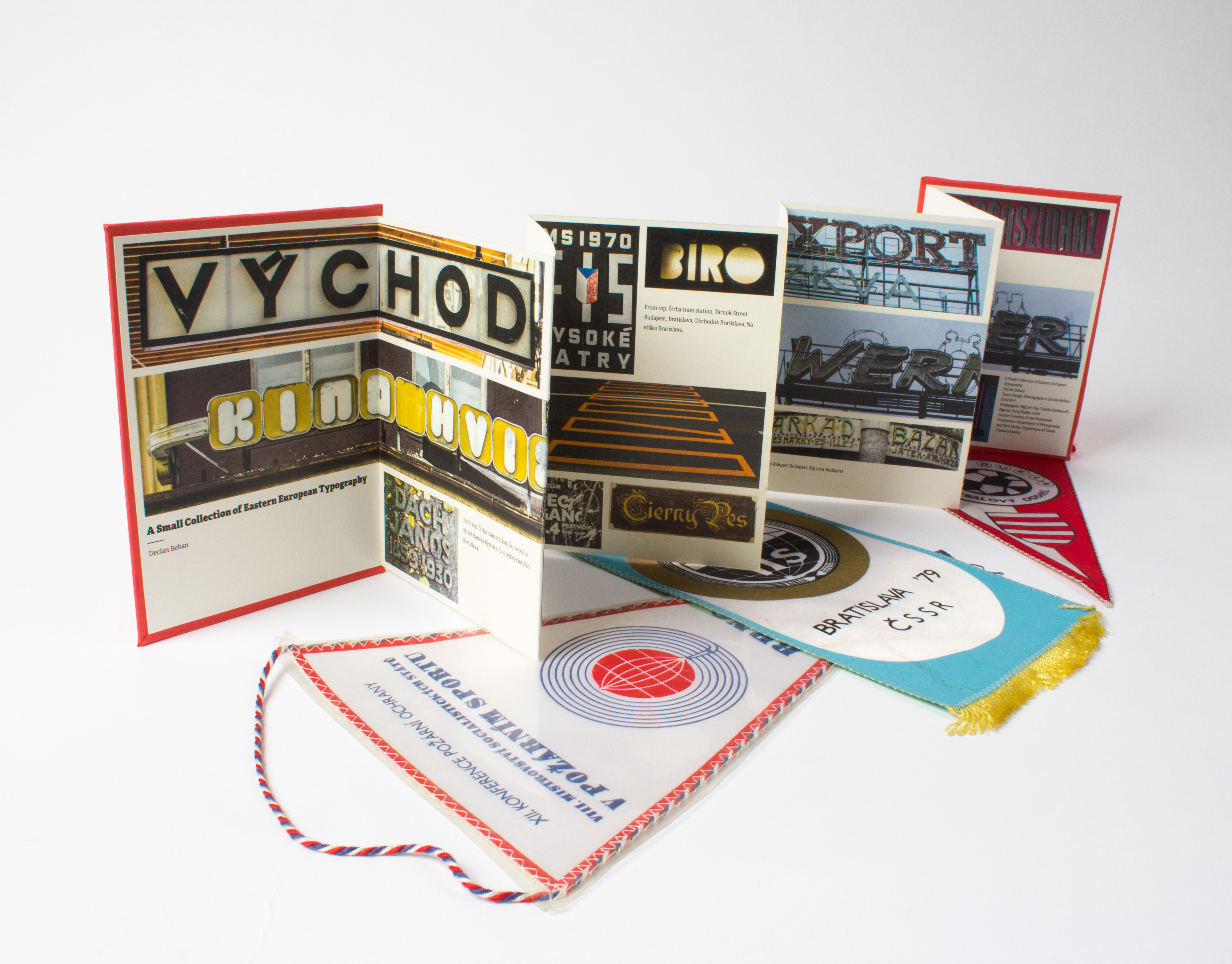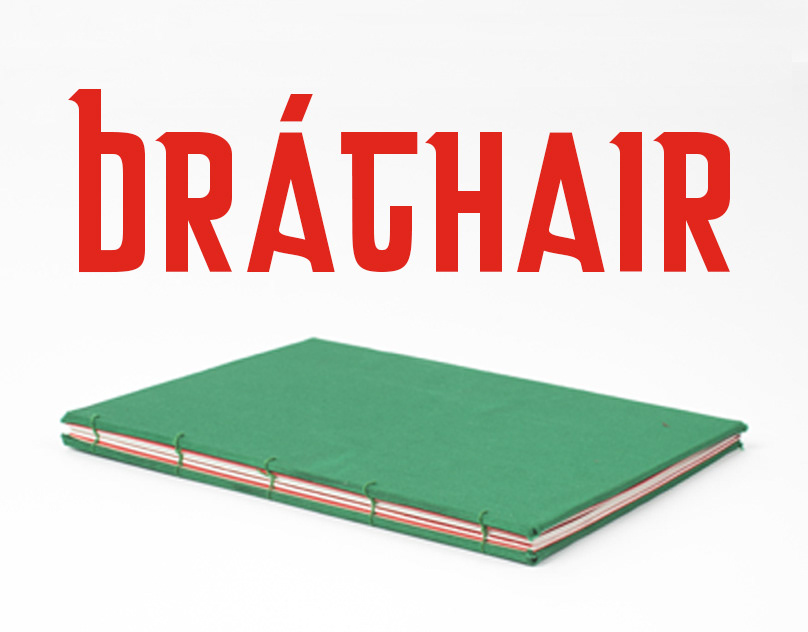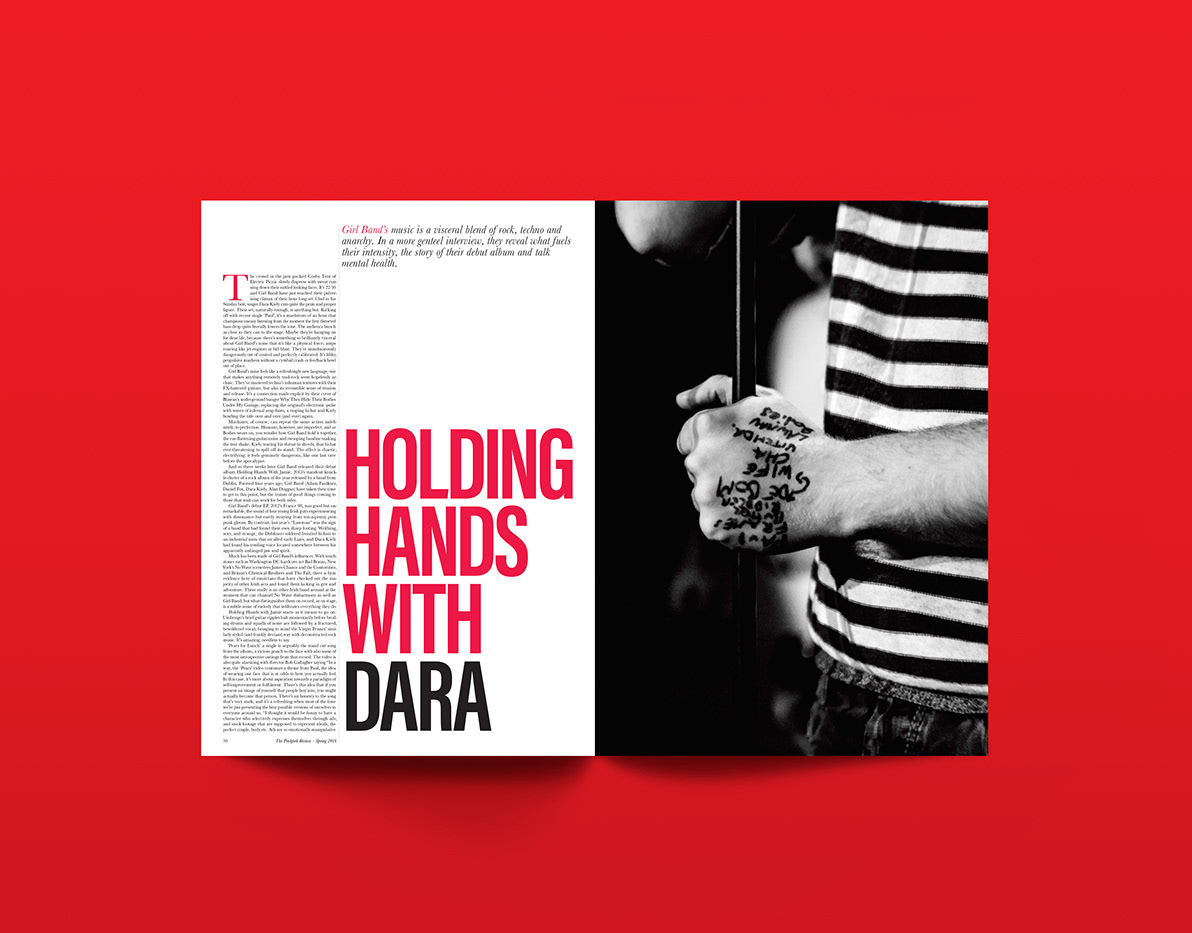When Charles Cunningham Boycott moved to Lough Mask in Co Mayo in 1874 to become a land agent for Lord Erne, little did he know that he himself and the events that followed would have a lasting impact on the English language.
This book is a response to the ‘Mark My Words’ ISTD brief which is about the origins of language. It revolves around tracing the history of a word, its provenance, how and when it became part of the English language and how its meaning, use, spelling and pronunciation has changed in the process. By focussing on a single example, the project is an exploration of the richness and diversity of language.
The word explored in this project is boycott, which has an interesting etymology and entered the English language during the Irish Land War of the 1880s.The story of how this word became part of the English language is quite fascinating and surprising. It derives eponymously from Charles Boycott, the land agent of an absentee landlord in County Mayo. He was subjected to a campaign of social ostracism organised by the Irish Land League in 1880.
This project aims to create a publication tracing the overall narrative of how the word Boycott came into the English language and to show with a case study what the action ‘to boycott’ has to come to stand for today.

